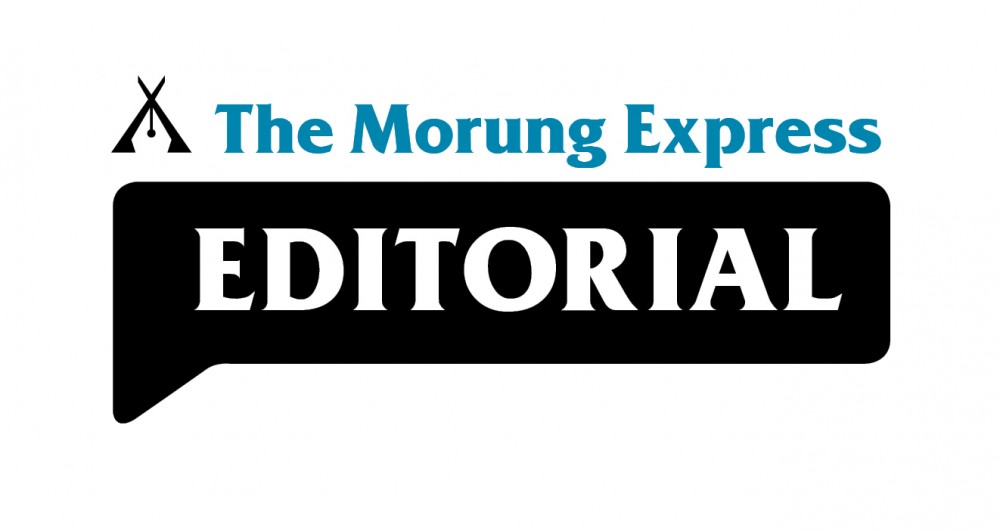
For most of 2020 the Novel Coronavirus (COVID-19), as a public health emergency, and its induced lockdown dramatically affected our way of life in unforeseen ways. It dramatically altered our perspectives and ensured we adjust to the “new” at all levels of human interactions.
The impact of COVID-19 pandemic took governments and people around the world by surprise. Never before in recent human memory has humanity been stressed by challenges it faces today as the pandemic remains with us.
In a protracted conflict riddled state like Nagaland, the challenges to provide an effective response to COVID-19 pandemic are compounded by underdeveloped and inadequate infrastructures in the areas of public health, medical facilities, transportation, power and communication. Underlying this reality are the people’s deep suspicion and mistrust of politicians and bureaucrats in charge of the inefficient government system and divisions at multiples levels of society. All of which are compounded by systemic corruption.
It was understandable that that Nagaland Government’s first response to an unprecedented situation was tentative, unclear, disorganized and at best, an experiential framework. In fairness, the rest of the world was also grappling with this situation for the first time as well. However, with time, it was expected that flaws and gaps would be exposed and identified. Eventually, the public expected that the Government would reflect upon these conditions, address the weaknesses, and innovatively build on its strengths. This did not happen. Rather, the distance between public expectations and the government’s action only grew wider.
Yet, COVID-19 also offers new opportunities to reimagine, rethink and envision a future that benefits everyone. This means for Naga society to take a reality check into areas that require engagement, transformation and reprioritizing what is important, mobilizing and spurring to work for the “common good.”
COVID-19 is now the common ground upon which our lives revolve that offers an impetus for genuine social transformation. The dynamic nature of this common ground provides the means for Naga society to form an equally dynamic and multi-faceted response that helps build a harmonious and sustainable social and political order.
The Morung Express is setting an agenda for 2021 that calls for long-term strategic planning and transformative changes with ordinary people’s voices and their needs at its heart. In the current context where public is disillusioned and laying blame at the feet of government, rebuilding Public Trust across Naga society is a priority. The present “quick fix” and “band-aid” approaches are short-sighted and divisive.
Kurt Lewin's observation that, “there is nothing as practical as a good theory” is pertinent to strategic planning. A good theory is evidence-based, innovative, imaginative, consistent, accurate, relevant, broadly applicable, implementable, robust, adaptable and guides effective action.
The challenge is to craft a process where people’s voices are heard in local dialogue sessions, then integrated into action steps. The process needs to be a vision based on values, aspirations and common sense guided by respecting human dignity and supported by political will.
2021 offers us an opportunity of renewal and the audacity to be unapologetic, indomitable, unwavering and inexhaustible in the pursuit for positive changes in our lives.






